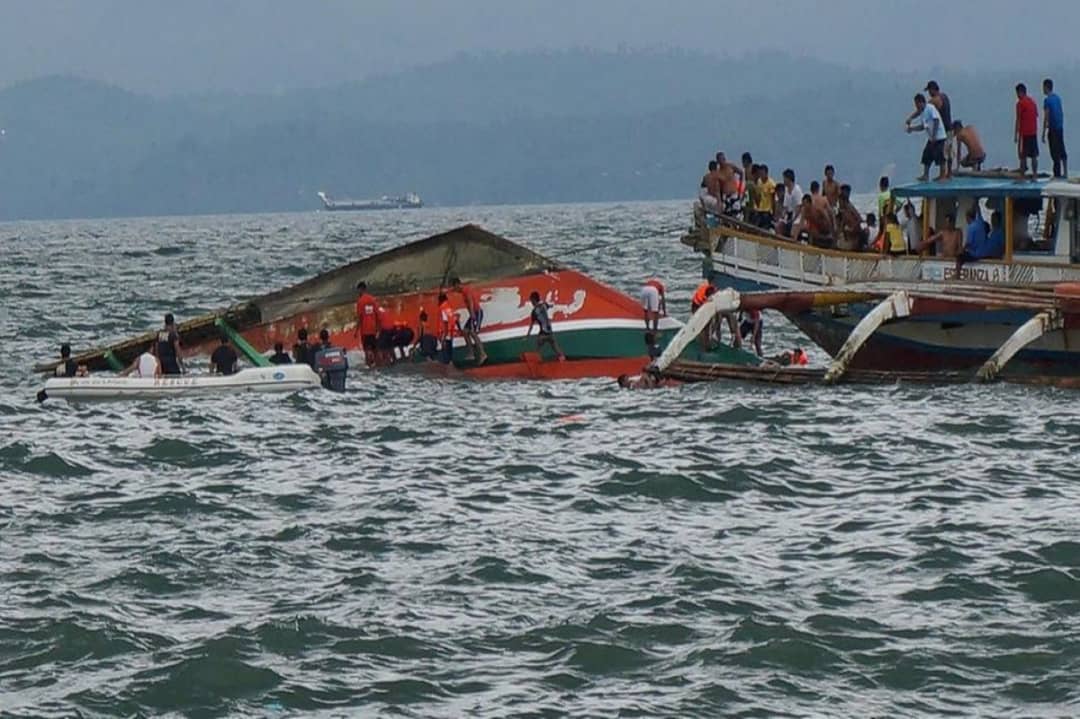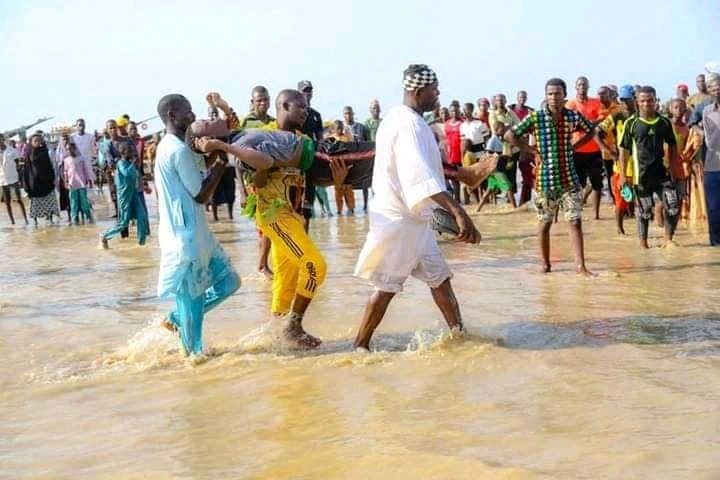At least 60 individualities have tragically drowned after a boat, primarily carrying women and children returning from a religious jubilee in northern Nigeria, overturned on Tuesday night. The incident has drawn attention to the recreating safety challenges faced by water transportation in the region, pressing the critical need for bettered regulations and safety measures.
According to reports from U.S. News, Jibril Abdullahi Muregi, the Governor of Mokwa District, verified that around 160 people survived the incident involving the rustic vessel. The boat, which generally accommodates about 300 passengers, was en route to Gbajibo from Mundi, transporting attendees from an periodic religious gathering. This gleeful occasion, meant to bring communities together in festivity, has turned into a heart- wrenching tragedy for numerous families.
Muregi expressed his condolences and verified that deliverance sweats are ongoing. Original authorities, alongside community levies, have been working lifelessly to recover further bodies and search for any fresh survivors. The Governor noted that the cause of the sinking remains under disquisition, as authorities aim to determine the factors that contributed to this ruinous event.
One significant point raised by Muregi is the concern regarding mass conveyance practices and shy safety examinations, which he linked as leading factors in numerous similar accidents. Overcrowding on boats, coupled with the lack of life jackets and safety outfit, has frequently redounded in woeful issues in Nigeria’s aqueducts. The rustic vessels used for transportation are frequently not erected to accommodate the number of passengers they carry, creating dangerous conditions that can lead to capsizing, especially in adverse rainfall.

The problem of boat accidents in Nigeria is n’t new. A study observed that between 2010 and October 2021, a aggregate of 2,346 lives were lost to 266 reported boat accidents. The loftiest number of losses passed in 2021, emphasizing a critical need for reform and heightened safety norms in the transportation sector. The study established that the primary cause of boat accidents in Nigeria is mortal-affiliated factors, counting for 67.21 of incidents. Natural factors, similar as adverse rainfall conditions, followed with 22.13.
The recent tragedy has sparked conversations about the safety protocols in place for water transportation in Nigeria. Critics argue that without rigorous enforcement of safety regulations, similar incidents will continue to claim lives. There are calls for the government to conduct thorough examinations into the circumstances girding this rearmost disaster, as well as to apply immediate measures to help unborn circumstances.
The original community has also been affected deeply by this tragedy. numerous families are mourning the loss of their loved bones
, with some reporting that they had transferred family members to the jubilee in expedients of celebrating and strengthening their community ties. The cerebral impact of such a disaster can be profound, with survivors and families left to manage with the trauma of loss and query.
Mokwa, the original government area affected by the tragedy, has a history of reliance on swash transport, especially in areas where road structure is limited. The River Niger serves as a vital raceway for numerous communities, furnishing access to requests, seminaries, and medical installations. still, the reliance on this mode of transport comes with essential pitfalls that are aggravated by shy safety measures.
In light of this incident, there’s an critical need for a reevaluation of how water transport is managed in Nigeria. Increased investment in safer vessels, better training for drivers, and more strict regulations on passenger limits and safety outfit are essential way that could alleviate the pitfalls associated with boat trip. also, public mindfulness juggernauts on the significance of safety on the aqueducts could further educate communities and encourage responsible practices.

Authorities have also emphasized the significance of community involvement in icing safety on the water. Original leaders and associations can play a pivotal part in championing for safety measures and helping to cover compliance with regulations. Community engagement is vital in fostering a culture of safety and responsibility among water transport drivers.
As deliverance operations continue and examinations unfold, the focus will remain on supporting the affected families and precluding unborn tragedies. The Nigerian government, alongside original officers and community leaders, must prioritize the safety of its citizens in all modes of transportation. This incident serves as a grim memorial of the vulnerabilities present in the system and the need for immediate action to cover lives.
The capsizing of the boat carrying women and children returning from a religious jubilee in northern Nigeria is a woeful event that has claimed multitudinous lives and stressed significant safety enterprises regarding water transport in the region. As the community grapples with this loss, there’s an critical call for enhanced regulations, better safety measures, and community involvement to help unborn disasters.
The lives lost in this tragedy should serve as a catalyst for change, icing that safety becomes the consummate concern for all forms of transportation in Nigeria. The stopgap is that through cooperative sweats, similar heartbreaking incidents can be avoided, allowing communities to celebrate their traditions and gatherings in safety and security.




